Funded by Global Health Seed Grants, five faculty-led efforts will address disparities related to postpartum mental health, diseases of poverty, child feeding in farming communities, racial stigma in hospital care, and intimate partner violence.


Funded by Global Health Seed Grants, five faculty-led efforts will address disparities related to postpartum mental health, diseases of poverty, child feeding in farming communities, racial stigma in hospital care, and intimate partner violence.
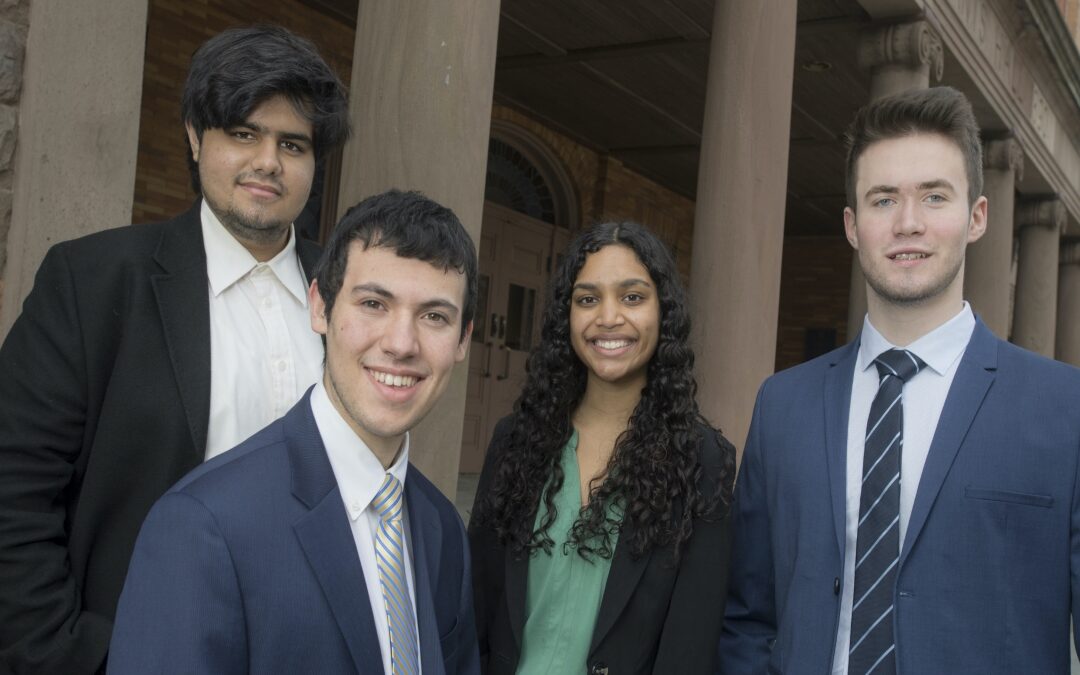
Rutgers students are working to address health disparities and infant mortality, to understand why Black and Hispanic women are hesitant to get vaccines, and on other projects that benefit society as part of a new initiative.
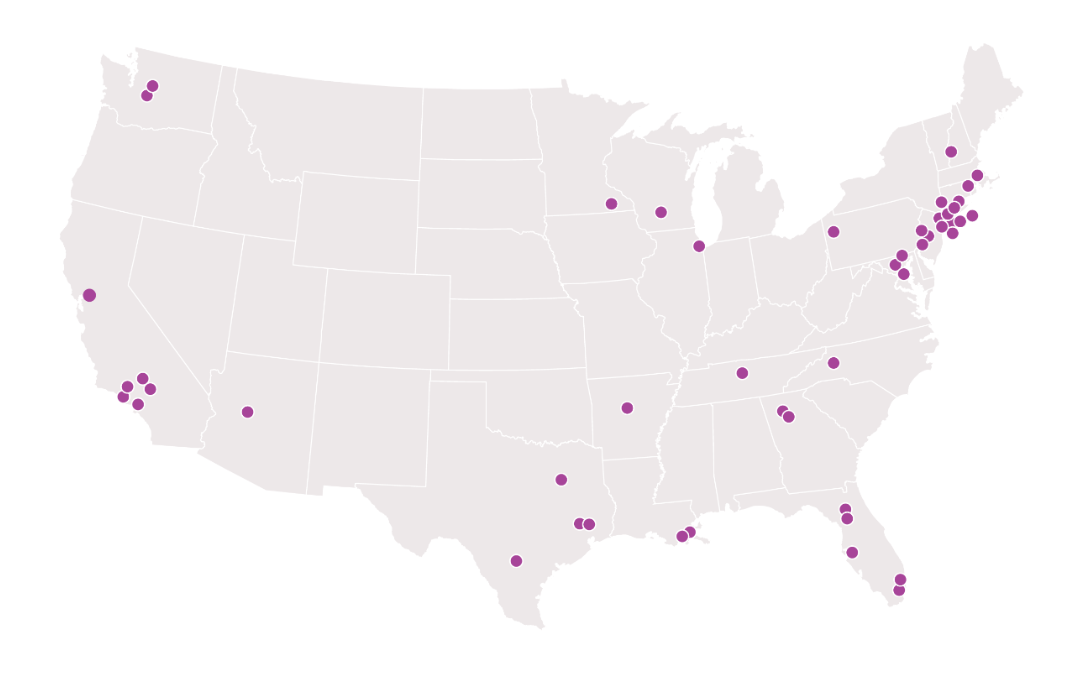
Radiation oncologist Malcolm Mattes of Rutgers Cancer Institute of New Jersey is one of 52 physicians nationwide joining the Diversity in Clinical Trials Career Development Program, a five-year, $100 million initiative launched by Bristol Myers Squibb Foundation and partners.

In collaboration with universities throughout the country, Rutgers is developing a plan to protect coastal areas increasingly threatened by extreme weather caused by climate change. Climate scientist and institute core faculty member Robert Kopp is the principal investigator.

Core faculty member Shauna Downs has received a federal grant to study behavior change communication strategies to improve infant and young child nutrition in Senegal.

The curriculum uses health and wellness themes to teach language and literacy acquisition skills to pre-kindergarteners in New Brunswick who are dual-language learners from low-income Latino backgrounds.

Three soon-to-be Rutgers graduates talk about their academic experiences in food science, computational and integrative biology, and nursing, and how global health has played a role.
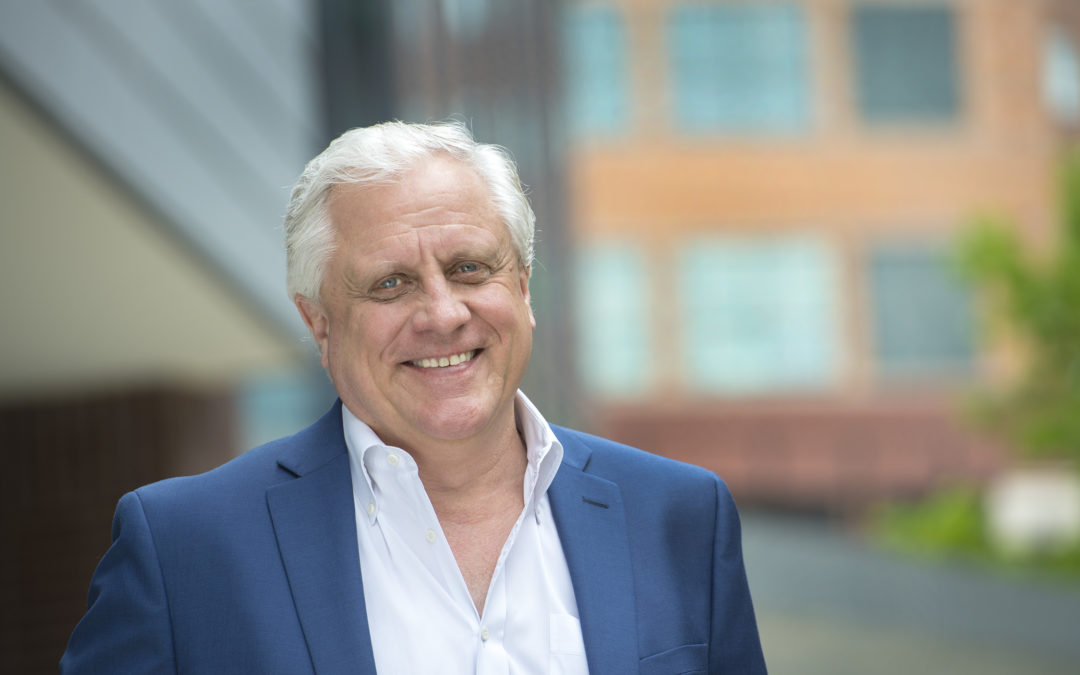
In an interview about the efficacy of COVID-19 vaccines, institute director Richard Marlink responds to public opinion about the differences among vaccines that are authorized or in the pipeline for use in the United States.
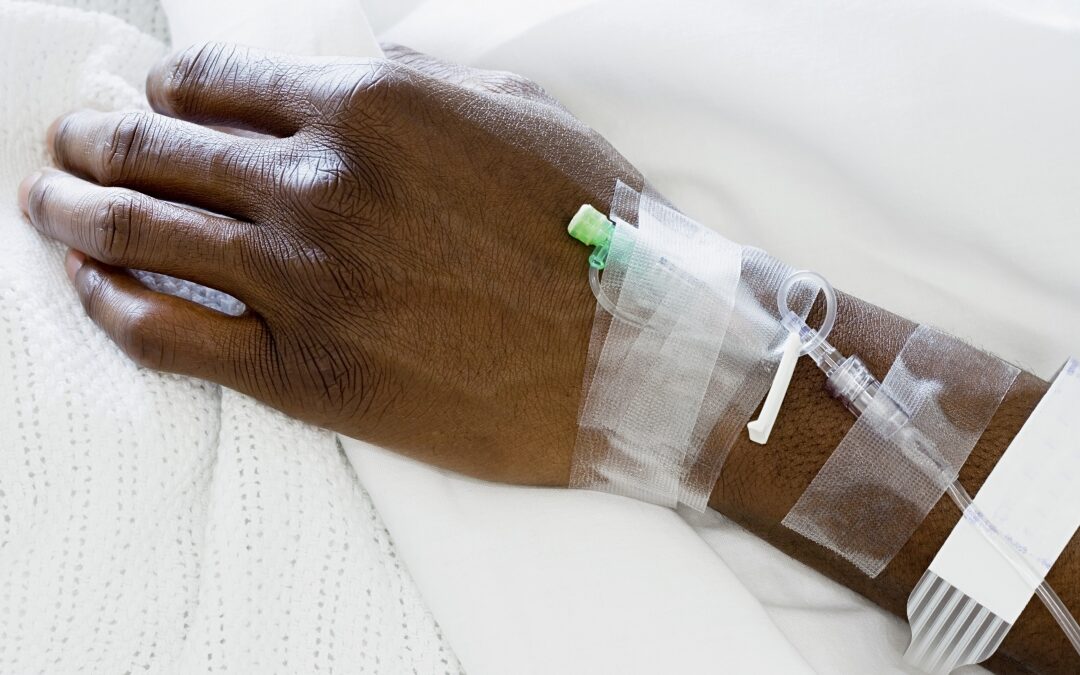
Racial disparities in COVID-19 mortality in the U.S. are associated with social factors like income, education, and internet access, according to a Rutgers study published in the Journal of Racial and Ethnic Health Disparities.
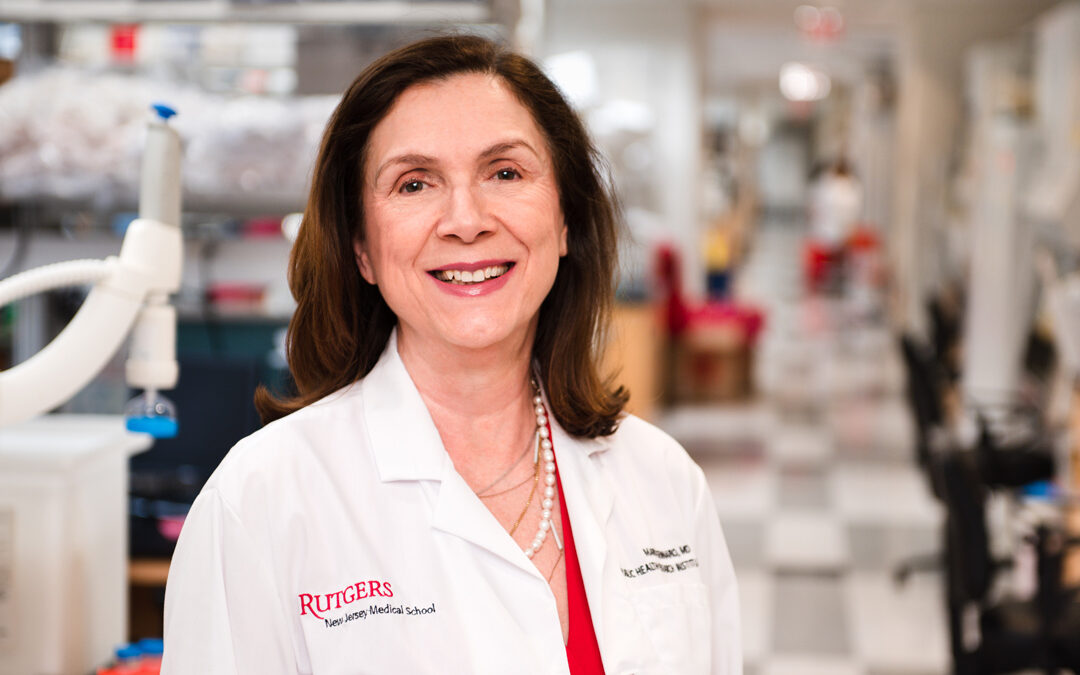
Research scientist Maria Laura Gennaro deploys her immunology and microbiology expertise, honed through decades of studying tuberculosis, in the world’s fight against COVID-19.